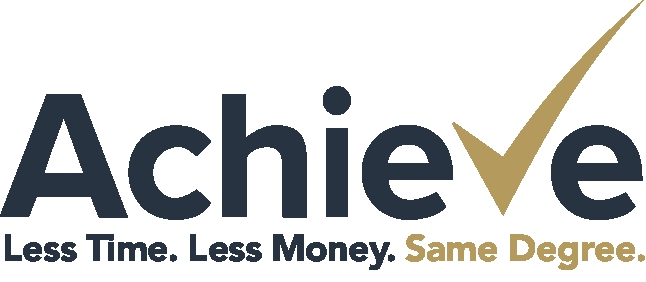What is Attention Deficit / Hyperactivity Disorder (ADD or AD / HD or ADHD)?
Attention Deficit/Hyperactivity Disorder (ADD or AD/HD or ADHD) is a developmental disorder that indicates attention problems and hyperactivity. The disorder is generally found in school age children before age seven but can be later diagnosed in adults. ADHD is considered to be a chronic disorder that affects individuals throughout their entire life. Many people diagnosed with this disorder will exhibit coping mechanisms over time to help compensate for either some or all of the handicaps the disorder causes.

When we hear the term ADHD we tend to assume hyperactivity but that is not always the case. What many do not realize is that there are three types of ADHD. ADD is the only one of the three types that does not include hyperactivity as a symptom and is referred to as a predominately inattentive type. Those with ADD appear sluggish and tend to lack energy in comparison to ADHD patients. Because ADD symptoms are not displayed in such a disruptive manner people often overlook them and the disorder goes undetected for many years or perhaps throughout the person's lifetime.
According to the Center for Disease Control and Prevention (CDC) 9.5% or approximately 5.4 million children ranging from age 4 through 17 have been diagnosed with the disease ADHD, in 2007. From 1997 to 2006 ADHD increased an average of 3% a year. Diagnosis of ADHD nearly doubled in the years 2003 to 2007 to 5.5% a year. Statistics show that boys are more prone to have Attention Deficit Hyperactivity Disorder (ADHD) than girls are.
Medication and Treatment of Attention Deficit Disorder (ADHD)
The most common medications prescribed to treat ADHD are methylphenidate otherwise known as Ritalin, dextroamphetamine (Dexedrine), and mixed amphetamine salts (Adderall). All three are stimulant medications. There is only one stimulant free medication available for the treatment of ADHD and that is Atomoxetine (Strattera). Other medications that are used less frequently but are affective are tricyclic antidepressants, SNRIs or MAOIs. Many people who suffer with ADHD also suffer from depression which makes a combination of medications necessary. Finding the right combination can be time consuming and more costly to treat. Some people can experience adverse affects to stimulants prescribed in treatment of ADHD. Individuals should be carefully monitored by a specialist to ensure patient safety.
There are other treatments for Attention Deficit/Hyperactivity Disorder that can be used along with medication. Psychotherapy and working memory therapy can help improve your daily life. For parents and teachers of ADHD children there are classes that can be taken to help improve home and school atmospheres. Specialized coaches for ADHD patient's effectively help individuals with time management, and organizational skills.
Alternative Therapies and Medicine
- Biofeedback is used for adults or children and has been proven successful in treating attention, impulsivity and hyperactivity in ADHD patients.
- Aerobic fitness can help with cognitive function. Boys that have ADHD and are athletes tend to display less negative behaviors.
- Massage therapy helps with temperament and greatly relieves anxiety and hyperactivity.
- Art therapy has been used with some affect in helping with a few symptoms of ADHD.
- Dietary supplements are currently being explored and used to curb some of the symptoms. Below is a list of supplements that are popular for managing symptoms of ADHD.
- Zinc
- Omega-3 fatty acids
- Magnesium and vitamin B6
- Iron supplements
- Potassium
- Caffeine
- Theobromine
- Nicotine
ADD/ADHD is different for every person and symptoms can vary. You should not try to self diagnose. If you believe that you or your child may have Attention Deficit Disorder it is important to take them to a qualified health professional. It is imperative that you be honest and open with the specialist treating you during your evaluation in order for them to make an accurate diagnosis. Remember that you are not alone and that receiving treatment early on can make a difference.
To find qualified specialist that are trained in treating and diagnosing ADD/ADHD ask your doctor or friends and family you can trust for their opinion. Also check out the specialist certification and educational degrees. Make sure that you feel at ease with your choice of health professional. If cost is a factor in your decision making process you should check to see if the healthcare provider accepts your insurance before securing an appointment.

